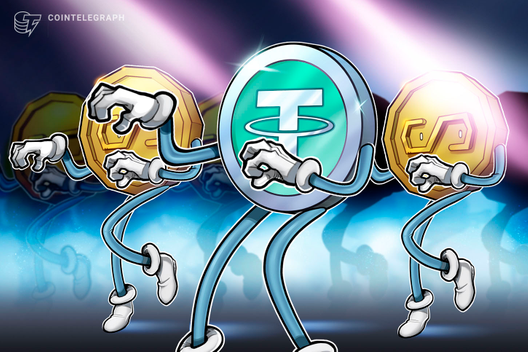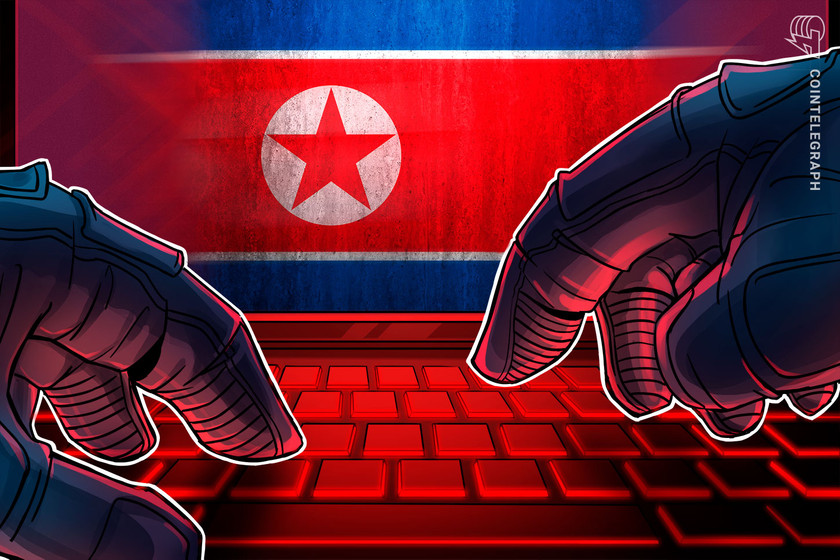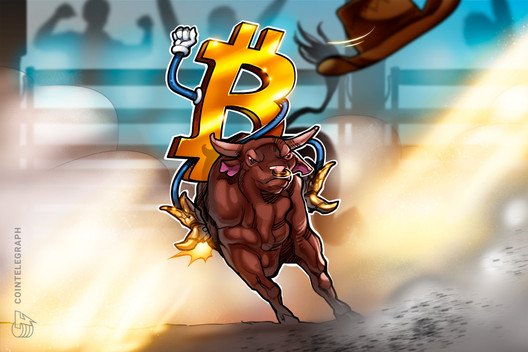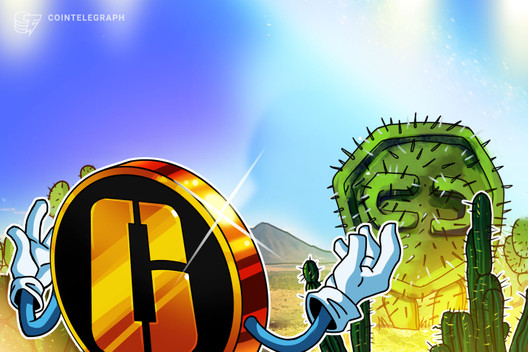Major Philippine e-wallet GCash eyes crypto trading
One of the most popular e-wallets in the Philippines, GCash, is considering a potential move into crypto following the example of PayPal, Venmo and others.
3668 Total views
5 Total shares

GCash, a major digital wallet in the Philippines, is reportedly considering introducing crypto trading services.
GCash CEO and president Martha Sazon announced that the firm is looking at offering users the ability to buy, sell and store cryptocurrencies like Bitcoin (BTC) on its platform.
In a Monday interview with The Philippine Star, Sazon said that GCash is exploring cryptocurrency trading in order to keep up with financial innovation. “While we may be considered a disruptor now, it is important in this digital age that we should be mindful of all types of disruptions out there. It’s important to know what the trends are, whether locally and globally and crypto is part of that,” she said.
Sazon said that firm is looking at potential integration options and related partnerships, through which it could introduce crypto trading. “Just like in any introductions, you need a platform, a working business model, a partner, so as soon as those are satisfied, perhaps,” Sazon said.
GCash is one of the most popular electronic wallet platforms in the Philippines, with at least 40% of Filipinos having a GCash account, according to Sazon. The platform is operated by financial services company Mynt, a subsidiary of Globe Telecom, which operates the largest mobile network in the Philippines.
The firm’s potential move into the cryptocurrency industry follows significant growth on the platform, with GCash’s user base spiking over 20% from 33 million to 40 million customers in February. “We will continue to innovate and provide relevant and accessible financial services for all,” Sazon noted.
Should GCash adopt crypto services on its platform, the firm would follow similar moves by some of the world’s largest digital wallet and payment service providers like PayPal, Square, Venmo and Revolut. PayPal rolled out its first crypto services last year when it started allowing United States residents to buy, sell and hold cryptocurrencies.









